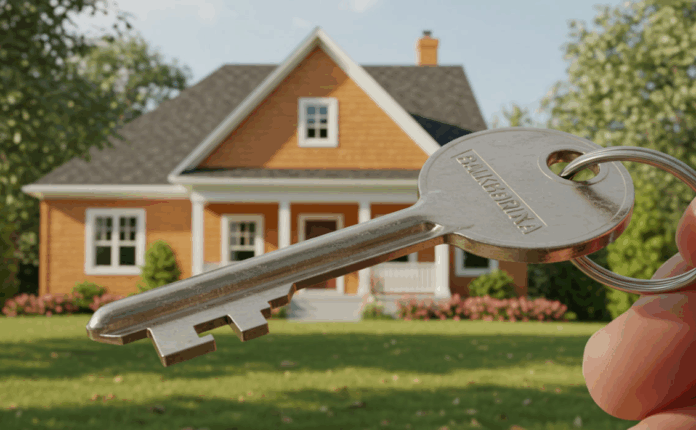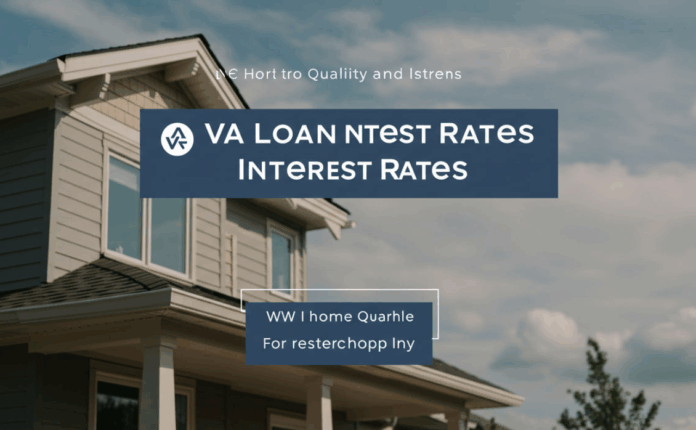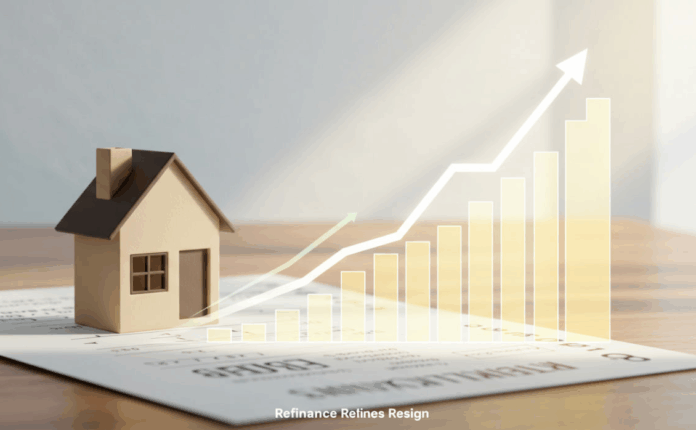Understanding Home Loan Rates
Securing a home loan is a significant financial decision, and understanding the intricacies of home loan rates is crucial for making an informed choice. This guide will help you navigate the complexities and find the best rate for your needs. Let’s begin by understanding the factors that influence these rates.
Factors Influencing Home Loan Rates
Several factors play a role in determining your home loan interest rate. These include your credit score, the loan-to-value ratio (LTV), the type of loan you choose (e.g., fixed-rate or adjustable-rate mortgage), and the prevailing market interest rates. A higher credit score generally qualifies you for a lower interest rate, while a lower LTV can also improve your chances of securing a better deal. The current economic climate also significantly impacts rates; you can research current trends by checking reputable financial websites like Bankrate.
Fixed-Rate vs. Adjustable-Rate Mortgages (ARMs)
Choosing between a fixed-rate mortgage and an ARM is a critical decision. Fixed-rate mortgages offer stability with consistent monthly payments throughout the loan term. ARMs, on the other hand, offer potentially lower initial rates but come with the risk of fluctuating payments as interest rates change. Understanding the pros and cons of each is key to selecting the right option for your financial situation. Learn more about choosing the right mortgage type by visiting our page on mortgage types.
The Importance of Your Credit Score
Your credit score is a significant factor in determining the interest rate you’ll receive. Lenders use your credit history to assess your creditworthiness. A higher credit score indicates a lower risk to the lender, leading to potentially lower interest rates. Improving your credit score before applying for a loan can significantly impact the rates you’re offered. You can check your credit report for free from sources such as AnnualCreditReport.com.

Loan-to-Value Ratio (LTV)
Your LTV is the ratio of your loan amount to the value of the property. A lower LTV generally translates to a lower interest rate, as it represents less risk for the lender. Making a larger down payment can significantly reduce your LTV and potentially secure a better rate. Explore down payment assistance programs to see if you qualify.
Shopping Around for the Best Rates
Don’t settle for the first offer you receive. Compare rates from multiple lenders to ensure you’re getting the most competitive rate possible. Use online comparison tools or contact several lenders directly to gather quotes. Consider factors beyond just the interest rate, such as lender fees and closing costs. You should also compare rates across various institutions like credit unions.
Understanding Points and Fees
Points are prepaid interest that can lower your interest rate. However, carefully weigh the cost of buying points against the potential savings in interest over the life of the loan. Also, be sure to understand all associated fees, including closing costs, origination fees, and appraisal fees, to get a complete picture of the total cost of your loan.
Securing Your Home Loan
Once you’ve found the best rate and lender, it’s time to finalize your loan application and secure your home loan. Be sure to carefully review all documents before signing and ask questions if anything is unclear. Consider consulting with a financial advisor for personalized guidance. The Consumer Financial Protection Bureau offers additional resources on responsible borrowing.
Frequently Asked Questions
What is a good home loan interest rate? A good interest rate depends on several factors, including the prevailing market rates and your individual creditworthiness. Shopping around and comparing offers from multiple lenders is key to finding a good rate for your situation.
How can I improve my chances of getting a lower interest rate? Improve your credit score, increase your down payment to lower your LTV, and shop around for the best rates from multiple lenders.
What are closing costs? Closing costs are fees paid at the closing of your home loan. These fees vary but can include appraisal fees, title insurance, and other lender fees.
What is an adjustable-rate mortgage? An adjustable-rate mortgage (ARM) is a home loan with an interest rate that changes periodically based on market conditions. This can lead to fluctuating monthly payments.
How long does the home loan process take? The home loan process typically takes several weeks or even months, depending on the complexity of your loan application and the lender’s processing time.



